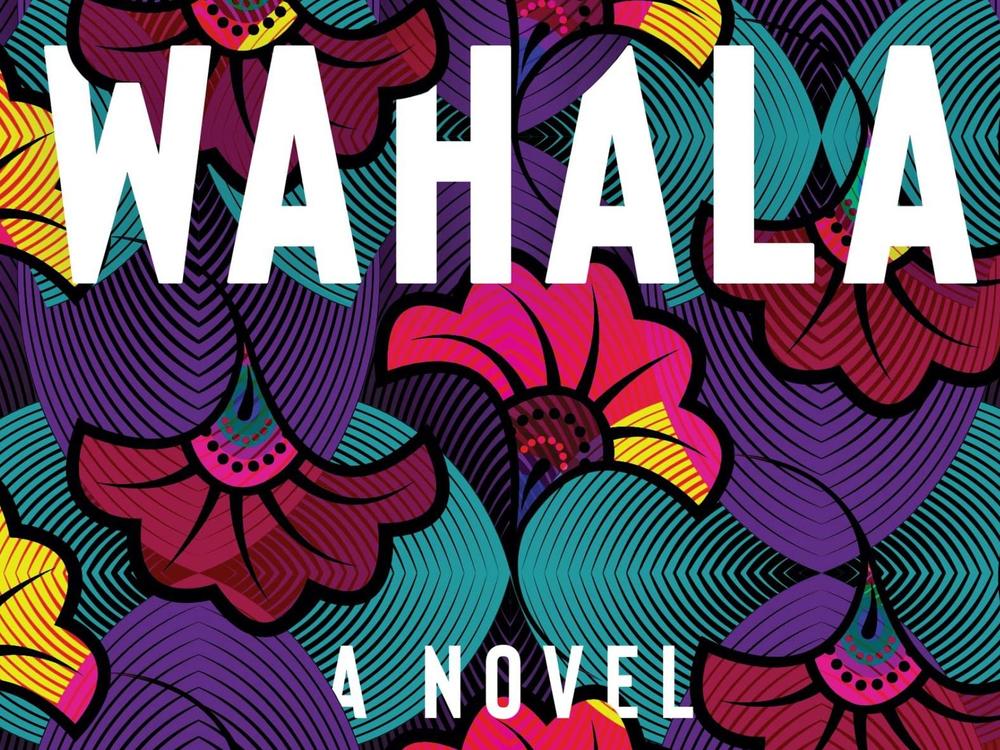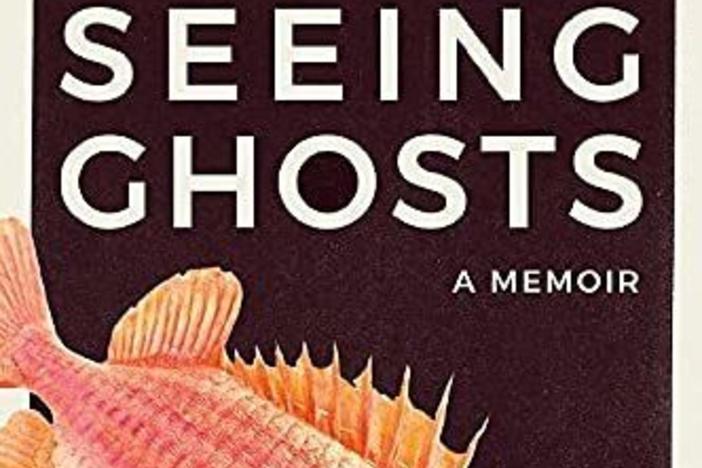Section Branding
Header Content
In 'Wahala,' intimacy at times morphs into enmity
Primary Content
In Nigerian culture, "Wahala" means trouble. In Nikki May's sharply observed debut novel Wahala, trouble's name is Isobel, the new girl who shakes up the equilibrium in a tight group of Anglo-Nigerian friends.
Boo, Ronke and Simi have been friends for over a decade. They're all British and Brown, "mixed race" women with white, English mothers and Nigerian fathers. They bonded over that common identity and emotional baggage at university a decade ago. Even though their specific family dynamics vary, they've all got significant "daddy issues." The women's relationships are intimate and intense in the way found-family often is, but they're all basically on the same page—educated, ambitious, and striving.
When rich girl Isobel appears on the scene, invited to brunch by her childhood friend Simi, it radically changes an already delicate chemistry. Everything about Isobel is bigger and bolder. Big trust fund and big blond weave, flash clothes, steep heels, and even "side boob" at weekend brunch. Charming and manipulative, Isobel's presence is destabilizing – she sucks all the air out of a room and insists on being the center of every conversation. Soon, small things start to go very wrong. The other women and friendships are subtly yet steadily diminished. The original three are keeping secrets from each other, but somehow Isobel is the new confidante, privy to every sensitive detail.
It's a striking setup: as if The Other Black Girl strolled into Sex and the City. And the truth is, this group isn't that hard to shake up. They're an enviable trio in some ways, yet also more than a little disgruntled. All three are dissatisfied and defensive about their choices in some way, with glossy lives that seem at odds both with how they see themselves and how they've been conditioned to think things are meant to be. Ronke is a dentist with a thriving practice and coworkers she likes. She's the most traditionally Nigerian and family-focused, values her Nigerian identity and dates Black men of African heritage pretty exclusively. But she's also perpetually single. Now she thinks she's finally found the one, but the boyfriend she loves is frustratingly "elusive," ie. unreliable. This makes her the target of judgment and ridicule from her married best friends. Boo is a research scientist with internalized racism and an adoring French husband, Didier. She works part time while raising her precocious daughter Sofia, and that's increasingly not where she wants to be. Boo's life is the multicultural millennial version of Betty Friedan's The Feminine Mystique— every day is a mind-numbing struggle, whereas hubby Didier loves domesticity and seems to parent effortlessly. Simi is a successful fashion marketer with her own loving husband she truly respects, but she's pigeonholed into repping brands with "urban" sensibilities, feels forever on the edge of failure, and her husband lives an ocean away.
Many readers will recognize these relationship and workplace dynamics. Each of these friends enjoys some privilege, but their lives still feel precarious, insecure on the paths they've taken. So instead of commiserating and bonding, they grow defensive. May is great at illustrating the question so many women have grappled with: If we celebrate women's choices, why does contemplating divergent paths so easily lend itself to infighting and attack? With these issues already circling, Isobel enters a situation rife with cracks ready-made for exploitation.
The characterization is sophisticated and culturally adept if slightly depressing. Unlike Bernardine Evaristo's Girl, Woman, Other, which navigated similarly tricky cultural waters, there's not as much love, support or joy among the Black British women in Wahala – just constant striving. And the white secondary cast lacks nuance. Martin and Didier, Simi and Boo's white husbands, are mostly supportive and perfect ciphers, loving foils to the missing or disappointing Nigerian men whose emotional absences haunt the story.
But that's a relatively minor issue. Men are mostly a sideshow here. The fraught, messy relationships between these four women are the main attraction. Where things break down a bit, is in the gap between Wahala's framing and its delivery. The prologue certainly raises expectations that the novel will be a literary or domestic thriller or contain elements of suspense like Big LIttle Lies or The Other Black Girl, and part of the journey will be in finding out how their glossy lives took such a wrong turn. But the prologue promises one thing— opening on a scene of a woman in extreme distress— and the book delivers another almost until the very end. How the danger and fear are manifest is uneven at best. We toggle between the different women's stories in various chapters as they go about their daily lives. But we're rarely privy to the interior thoughts or perspective of one of the most important characters till the end when, as in a Lifetime movie, their dysfunction really jumps out. Until that point, the creepiness is pretty understated.
As a result, Wahala is mainly a social novel crossed with a comedy of manners, with fabulous Anglo-Nigerians in the lead. Luckily, that's a compelling blend. May is a masterful chronicler of Black upper-middle-class life and ennui in Britain. Wahala is both great fun and extremely smart in how it captures some of the central issues in modern city living: women's evolving roles in home and work, interracial relationships and multicultural identity, the current of competition that runs through so many friendships and daily interactions and, most of all, how easily intimacy can morph into enmity.
A slow runner and fast reader, Carole V. Bell is a cultural critic and communication scholar focusing on media, politics and identity. You can find her on Twitter @BellCV.
Copyright 2022 NPR. To see more, visit https://www.npr.org.
Bottom Content




